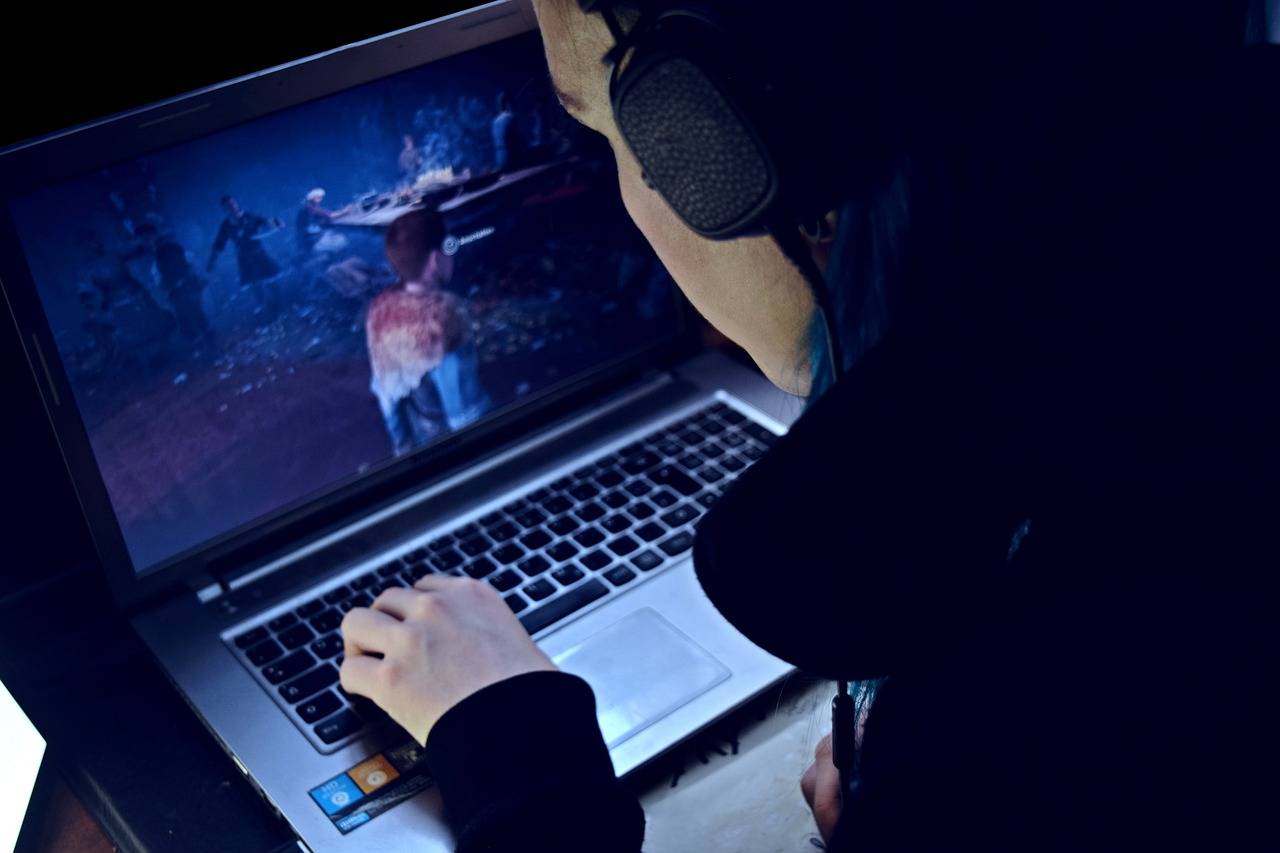How Reality TV Shows Are Evolving
As audiences have become more discerning, reality TV show formats have evolved to keep up with changing tastes. From the traditional competition shows like “Survivor” to the more recent trend of docuseries like “Keeping Up with the Kardashians,” there is a constant strive for innovation and originality in the industry. Producers are constantly experimenting with new concepts and twists to keep viewers engaged.
One interesting evolution is the shift towards more immersive and interactive formats. Shows like “The Circle” and “Love is Blind” have pushed the boundaries of traditional reality TV by incorporating elements of social media and online interaction. This not only allows for greater viewer engagement but also reflects the increasing influence of digital platforms on entertainment consumption.
Increased Emphasis on Diversity and Inclusion
Reality TV shows have recently shown a notable shift towards embracing diversity and inclusion within their programming. This evolution is evident in the casting choices, with a greater emphasis on representing various cultural backgrounds, ethnicities, and identities. Viewers are now seeing a more accurate reflection of society through the diverse range of participants featured on these shows, fostering a sense of inclusivity and representation that was previously lacking in the genre.
Moreover, production teams behind reality TV shows have made conscious efforts to incorporate storylines and themes that shed light on important social issues related to diversity and inclusion. By addressing topics such as racism, LGBTQ+ rights, and gender equality, these shows not only entertain but also educate audiences on the importance of embracing differences and creating a more inclusive society. This strategic shift towards promoting diversity and inclusion is not only a positive step forward for reality TV but also sets a precedent for the broader entertainment industry to follow suit.
Integration of Social Media and Viewer Engagement
With the rise of social media platforms, reality TV shows have taken on a new dimension of viewer engagement. Fans are now able to connect with their favorite contestants in real-time, sharing their thoughts and opinions instantly. This instant feedback loop has not only made the viewing experience more interactive but has also allowed producers to gauge audience sentiments and adjust content accordingly.
Moreover, social media has become a powerful tool for contestants to build their personal brands and engage with fans beyond the confines of the show. Many contestants leverage their social media presence to stay relevant long after the show has ended, creating a loyal fan following that can translate into various opportunities such as endorsements, appearances, and collaborations. This symbiotic relationship between social media and reality TV has transformed the way viewers perceive and engage with their favorite shows, blurring the lines between on-screen and off-screen narratives.





